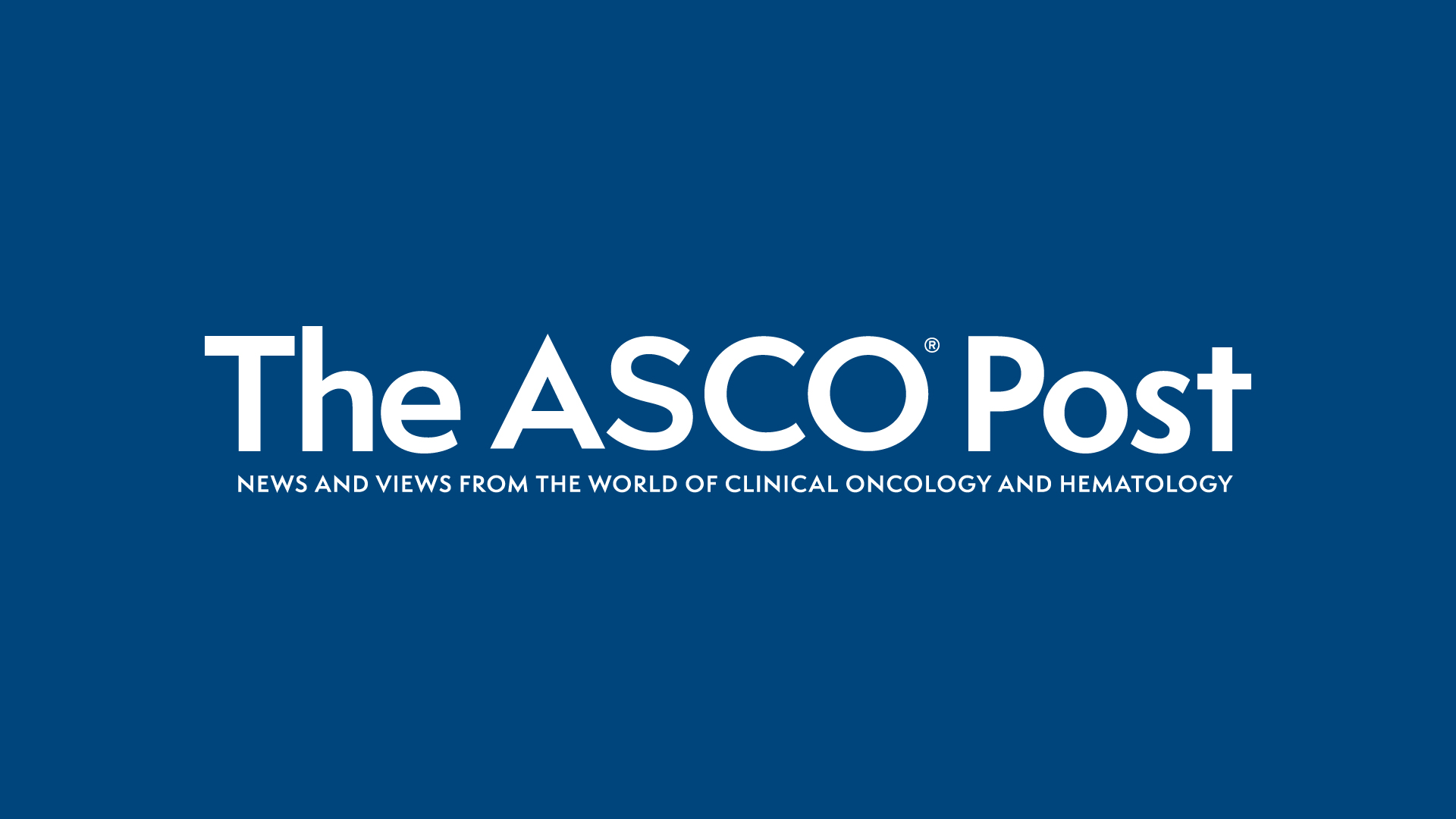- Joined
- Feb 6, 2019
- Messages
- 58
- Reaction score
- 61
Recently ran into a couple of questions on practice board exams that highlighted the practice of going against parental wishes to deliver emergent, life-saving procedures (whole blood transfusions) to minors. Both questions centered around the parents having religious objections to their children receiving blood transfusions, but I'm sure this law/precedent is applicable to other situations.
My question: Why is this the case? Religion is cited in a number of other situations where parents refuse medical care which could prevent/reduce the risk of life-threatening/deadly diseases and it is respected (and abused...thinking anti-vaccinators mostly here). In fact, in these instances there is the additional argument of increasing the public health risk to others' children. Does this seem hypocritical to anyone else?
Honestly, I'm still thinking through the ethics/philosophy here. But the lines of where religion is and isn't allowed to dictate care seem to be inconsistent across the board.
Thanks. ✌️
My question: Why is this the case? Religion is cited in a number of other situations where parents refuse medical care which could prevent/reduce the risk of life-threatening/deadly diseases and it is respected (and abused...thinking anti-vaccinators mostly here). In fact, in these instances there is the additional argument of increasing the public health risk to others' children. Does this seem hypocritical to anyone else?
Honestly, I'm still thinking through the ethics/philosophy here. But the lines of where religion is and isn't allowed to dictate care seem to be inconsistent across the board.
Thanks. ✌️
Last edited:


